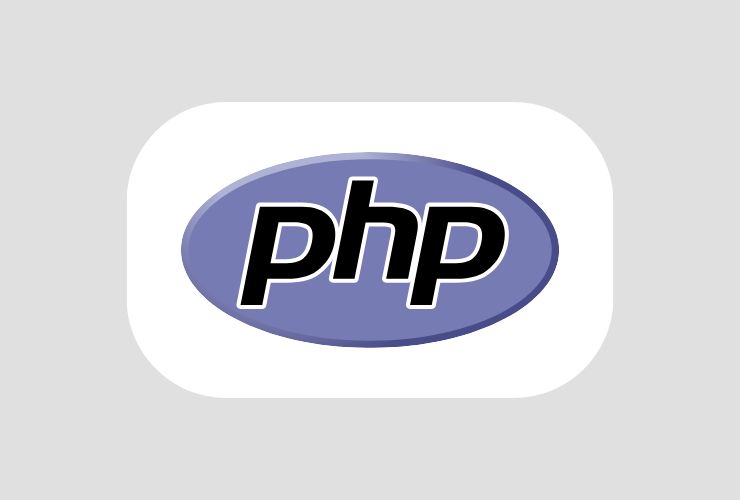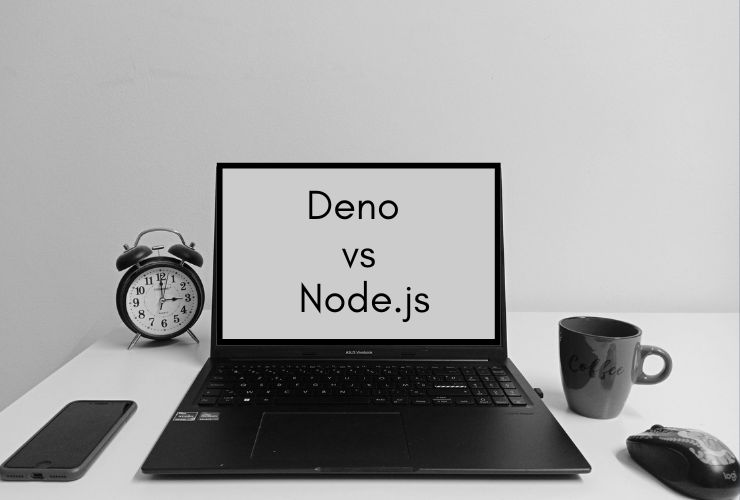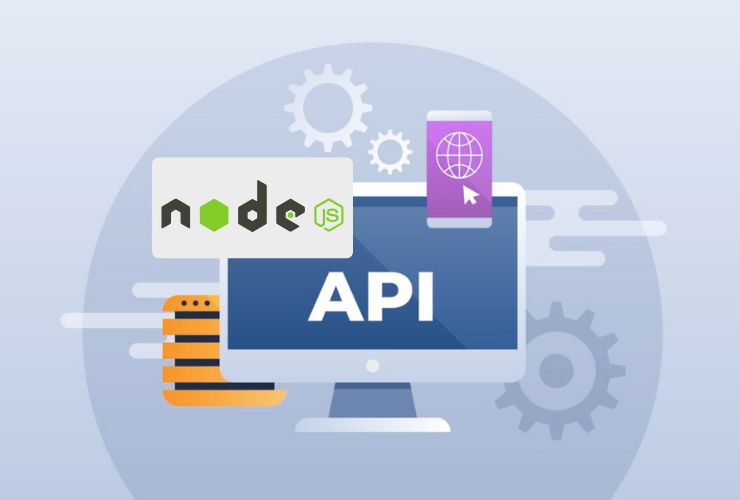Even with greater technologies — such as Node.js, Python, and Go — PHP is still at the forefront in web development in 2025. Although PHP is considered an ‘old’ technology, it continues to be an ‘unsung hero’ powering the large majority of websites and web apps, including WordPress, the traditional CMS, Facebook-ish all forms of websites in its infancy, and Wikipedia.
So how exactly does PHP survive when far newer technologies exist? It naturally evolves to stay relevant, is fully developed and widely used, is backed by thousands of online resources, has flexibility and adaptability to development demands, all the if now not also to transition into any other technology.
1. PHP’s Massive Market Share
PHP continues not just to be well-regarded on the internet but is charged with powering more than 75% of all websites using a server-side language — W3Techs. This includes anything from the smallest business website, to large enterprises, to anything in between. PHP is positioned to become — or continue — being called upon when delivering a back-end application due to ease of use, reliability, and efficiency.
Most of the ‘famous’ CMS solutions, or content management solutions, from sites today are PHP-based. WordPress alone is the most used service. It guarantees the continued demand for PHP developers while providing confidence in its viability for future products.
2. Ongoing Change and Present Features
The way we program PHP today looks completely different from how we did it 15 years ago. PHP 8.x has released some disruptively modern features:
- JIT (Just In Time) compilations to assist in execution performance and faster overall speed.
- New union and intersection types for improved type safety.
- The introduction of attributes and enums to better align PHP with modern programming concepts.
- Better performance/security/memory management right out of the box!
All of these enhancements have made PHP faster, cleaner, and easy to use, allowing it to hold its own against many newer programming languages. Developers can now build high-performance, maintainable, and secure web applications while adhering to modern PHP features.
3. A Powerful Framework Ecosystem
The strength of PHP is not only in the language, but more importantly in the ecosystem of frameworks which make the development process easier and faster. Frameworks like Laravel, Symfony, CodeIgniter, and Yii, have changed how PHP developers approach the backend architecture of applications.
- Laravel makes complex tasks like routing, authentication, and caching uncomplicated, while remaining scalable and elegant.
- Symfony is designed to support enterprise-level applications and is modular, containing reusable components for improved deployment.
- CodeIgniter and Yii make it easy to run lightweight, fast, and shorter code solutions best for smaller or mid-sized applications.
Ultimately, these frameworks empower PHP developers to create modern, scalable, and secure applications with ease and speed.
4. Economical and Hassle-Free Hosting
One of the various benefits PHP offers is its economical nature. Most hosting providers are compatible with PHP and usually offer one-click installs and integrated environments.
Because of this, it’s affordable and easy for startups through to enterprises to implement their applications rapidly. Other technologies have complicated server configurations, but PHP can be used out-of-the-box on the majority of web servers. It is conducive to rapid development and deployment.
5. Living Global Community
One of the most popular communities in the world is PHP. With thousands of open-source contributors, libraries, and tools, developers can quickly learn, try things out, and build faster using PHP.
The Composer package manager completely changed PHP dependency management. Composer promotes reusable and modular code across projects. Whether you are a novice or an expert, various repository sites, tutorials, and forums keep active PHP development easy and enticing.
In summary, the PHP community has a thriving ecosystem because of its community.
6. Integration with Modern Technologies
Though commonly (and mistakenly) associated with “legacy technologies”, PHP actually integrates well with the modern stacks and tools developers are using today. Developers will integrate their PHP applications with MySQL, PostgreSQL, MongoDB, Redis, as well as, cloud platforms such as AWS, Azure, and Google Cloud.
On top of that, PHP integrates fairly easily with front-end frameworks such as React, Vue.js, Angular, etc., so developers can effectively build full-stack applications reliably. Developers can also create RESTful APIs, GraphQL servers, or microservices — all lending support to PHP’s versatility and ability to work in a variety of developer environments.
7. The Adoption of Modern Development Practices
Modern PHP also embraces best practices like object-oriented programming (OOP), dependency injection, automated testing and CI/CD pipelines.
While there are numerous frameworks or tools one can use, PHPUnit, Docker and GitHub Actions have also allowed PHP to cross into DevOps and cloud-native developer support. This means teams can develop faster, automate workflows and create clean code — all using the same, or similar code tech stack that has worked reliably for over two decades.
8. Backwards Compatibility and Stability
While many of the more modern languages would break compatibility with each major release, PHP has remained remarkably consistent with updating and left backwards compatibility intact.
This means it is easier to upgrade existing systems with PHP, making it a wise choice for businesses looking to modernize, rather than rebuilding a system from scratch.
9. PHP in the Era of Automation, AI, and APIs
PHP isn’t only for old-school web pages now. Developers are creating AI-enabled, API-driven, and cloud-connected applications using PHP.
Using the APIs from OpenAI, Google Cloud AI, TensorFlow, and Azure Cognitive Services, PHP is fuelling chatbots and recommendation engines, as well as sophisticated data-driven applications.
It’s adaptability reinforces that PHP isn’t just thriving — it is maturing with the new wave of software innovation.
10. The Future of PHP: Evolving, Leading, Adapting
The unsung hero of PHP’s longevity is its adaptability. PHP is open-source, used in the trenches, and we are all driving its evolution as a community and as developers.
So, looking ahead to 2025 and beyond, we are sure to see PHP:
- Headless CMS and API-driven architecture
- Cloud-native development and containerization
- Enterprise microservices
- AI-enabled web applications
PHP is perfectly suited to these new frameworks and tools that are arising with modern development practices — ready to stay a configurable technology for years to come.
Conclusion
PHP’s staying power is not just based on legacy — it is due to reliability, evolution, and adaptability.
It continues to power millions of websites and applications across the world partly because of its simplicity, scalability , and security, and paired with a vast ecosystem of frameworks and community tools.
Contact Us Today













 Database Development
Database Development












































